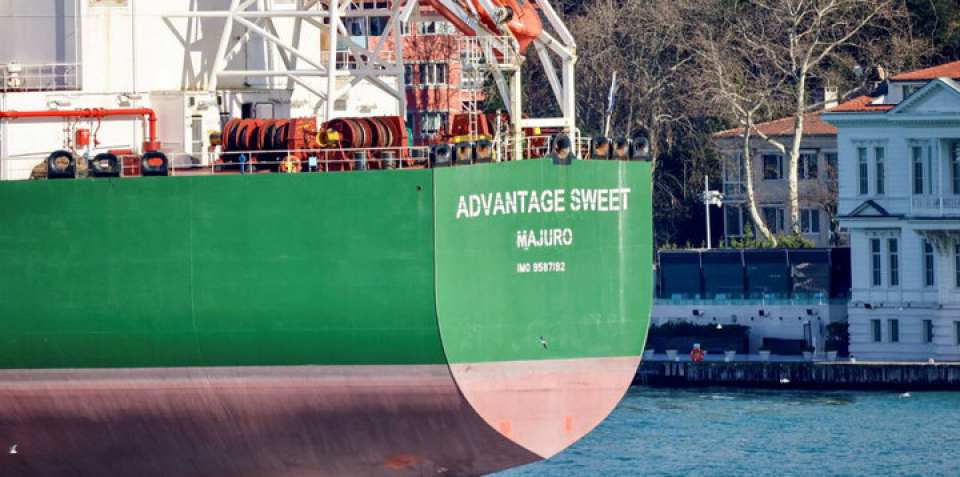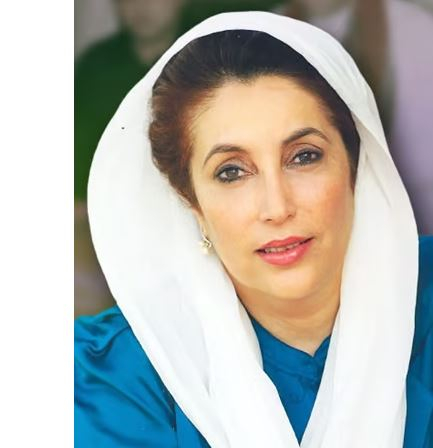In a significant development, an Iranian court has seized a US oil cargo aboard the Marshall Islands-flagged Advantage Sweet in the Persian Gulf. The move comes following a lawsuit filed by patients suffering from epidermolysis bullosa (EB), a rare skin disease, against the United States.
The patients, commonly referred to as "butterfly patients" due to their extreme skin fragility, claimed damages against the US, asserting that harsh sanctions have hindered the supply of crucial medications to Iran. These sanctions, particularly imposed by the US, have prevented a Swedish pharmaceutical company from providing essential medical supplies, including specialized bandages for EB patients.
The Iranian court's decision to confiscate the oil cargo underscores the dire consequences faced by vulnerable patients as a result of Western sanctions. Iran's top human rights official has condemned these sanctions, labeling them as "crimes against humanity" for their detrimental impact on the health and well-being of Iranian citizens.
Since the reinstatement of US sanctions in 2018, Mölnlycke Health Care, a Swedish medical device company, has ceased its pharmaceutical exports to Iran, citing compliance with US sanctions. This cessation has led to a severe shortage of medical supplies, resulting in the deaths of numerous EB patients and causing irreversible physical harm to others, including amputations.
The seizure of the US oil cargo serves as a stark reminder of the human cost of geopolitical tensions and unilateral sanctions, particularly on the most vulnerable populations. It amplifies the urgency for diplomatic efforts to address these issues and ensure access to essential medical care for those in need.

















